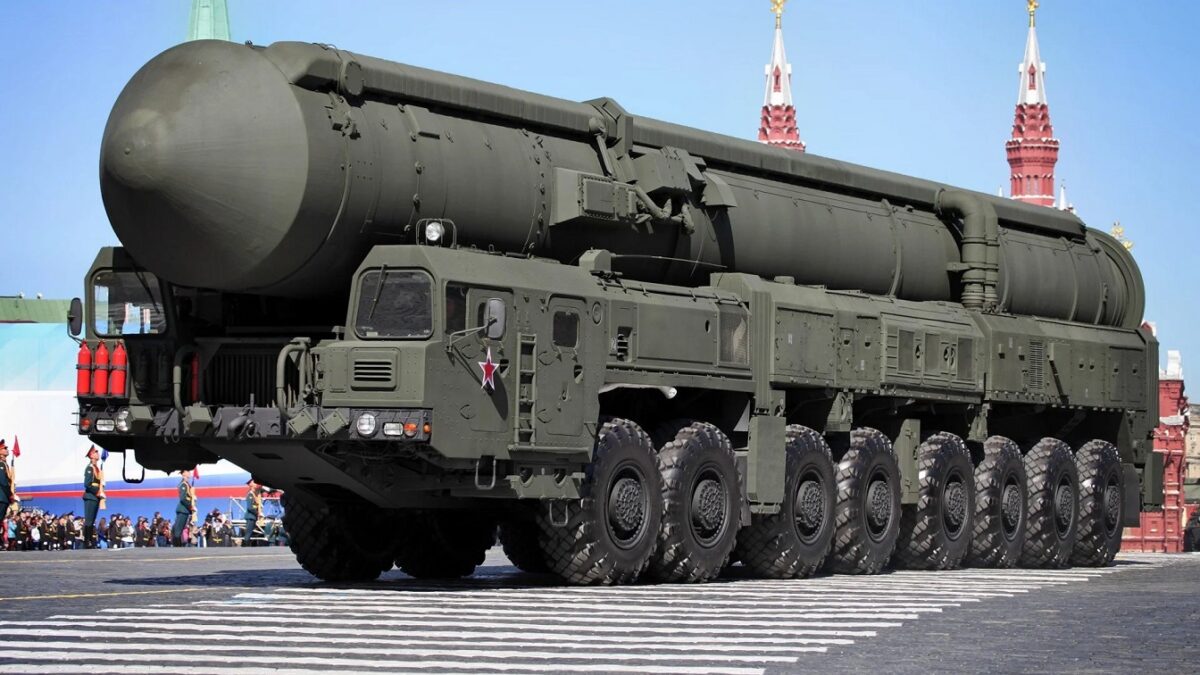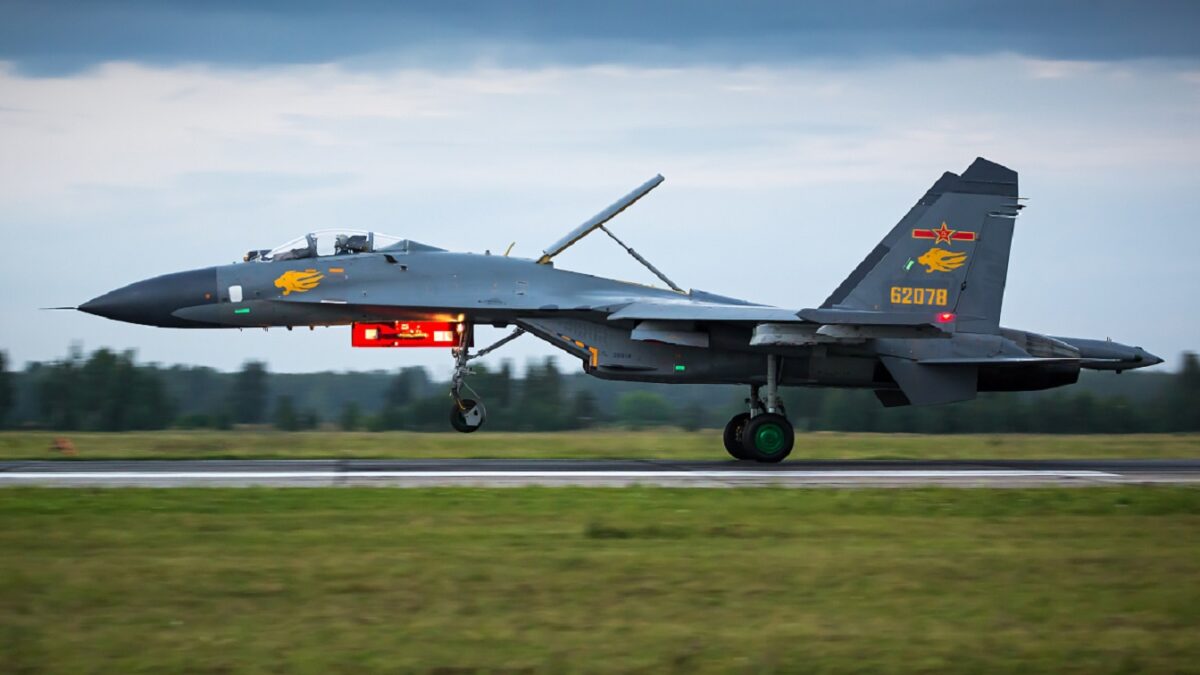The National Security Strategy, Explained: The Biden administration’s National Security Strategy, long delayed by the Russo-Ukraine War, has been released. The primary takeaway: the administration declared the post-Cold War era “definitely over.” Accordingly, the US will compete ardently with global powers China and Russia.

President Joe Biden. Image Credit: Creative Commons.
“The long-awaited National Security Strategy…serves as a reference point for Biden administration officials to coordinate policies across the government,” Alex Ward reported for POLITICO. “The congressionally mandated document encapsulates president Joe Biden’s thinking on the state of the world and how his administration will navigate challenges to the homeland and global order.”
The document asserts that now is the “decisive decade to advance America’s vital interests.” To do so, Biden proposes three broad actions. First, investing at home to strengthen the local economy, our society, and our defenses. Second, developing coalitions and alliances. Third, modernizing and boosting the military.
With these three methods, the Biden administration hopes to take on what they deemed the geopolitical realm’s most pressing problem: “powers that layer authoritarian governance with a revisionist foreign policy.” Said another way, China and Russia.
Pulling off the strategy will be difficult – especially given the administration’s intention to simultaneously collaborate with China and Russia “to curb pandemics, slow climate change and boost food and energy security.” Through pointed collaborations, Biden is hoping to deviate from the rigid “Cold War paradigm of ‘with us or against us.’”
Despite pairing China and Russia as the US’s two most important rivals, the document is careful not to conflate the two powers. China, correctly, is assessed as the primary threat; China “is the only competitor with both the intent to reshape the international order and, increasingly, the economic, diplomatic, military and technological power to do it,” the strategy declares. To beat out China, Biden plans to “help countries meet their needs without the reciprocation China typically expects, work to maintain peace between China and Taiwan, align a diplomatic approach toward China with allies, and work with Beijing on areas where U.S. and Chinese interests align,” Ward wrote.
“We can’t let the disagreements that divide us stop us from moving forward on the priorities that demand that we work together, for the good of our people and for the good of the world,” the strategy states.
With respect to Russia, the document proposes that the U.S. punish Putin’s regime for pursuing “an imperialist foreign policy with the goal of overturning key elements of the international order.” Although, Biden did signal a willingness to cooperate with Russia when “mutually beneficial.”
Biden’s take on national security policy is not particularly distinct from preceding administrations. “The language in the new document echoes the Trump administration’s national security strategy, which asserted “great power competition returned,” and the second Obama-era iteration, which emphasized the need to revitalize democracy at home while partnering with allies on global issues,” Ward wrote. It’s no surprise. Biden and Jake Sullivan, Biden’s national security advisor, have spoken in terms that echo the previous administration’s national security policy. Here’s Sullivan: “we need to invest in the underlying sources and tools of American power and influence, especially our strength here at home, both for the purpose of effective competition and for the purpose of being set up to rally the world to solve shared challenges.”
While the document emphasized great power competition with China and Russia, transnational threats were also identified. Namely, climate change; pandemics and biodefense; food insecurity; arms control and non-proliferation; and terrorism.

Russian mobile missile. Image Credit: Creative Commons.
Frankly, while I appreciate the attention being given to China, whose remarkable latent power is rapidly being converted into tangible power, many of the transnational threats deserve to be prioritized ahead of Russia. As the botched invasion of Ukraine demonstrates, Russia is a regional power with limited ability to exert its revisionist agenda. Pandemics, on the other hand, as we recently learned, have the power to essentially shut down society. Climate change is an existential threat. Non-proliferation relates to an existential threat. These issues deserve intense attention and foreplanning – more so than competition with Russia.

China J-11 Fighter. Image Credit: Creative Commons.
Although, the demotion of terrorism, which the US has wasted decades and trillions combating, is a welcomed relief. Terrorism does not pose an existential threat to the US. Arguably, the US reaction to terrorism – launching multiple foreign wars, drone strikes, suspension of due process for suspected terrorists – is more harmful to US interests, and certainly our standing abroad, than terrorism itself.
Harrison Kass is the Senior Defense Editor at 19FortyFive. An attorney, pilot, guitarist, and minor pro hockey player, he joined the US Air Force as a Pilot Trainee but was medically discharged. Harrison holds a BA from Lake Forest College, a JD from the University of Oregon, and an MA from New York University. He lives in Oregon and listens to Dokken. Follow him on Twitter @harrison_kass.

